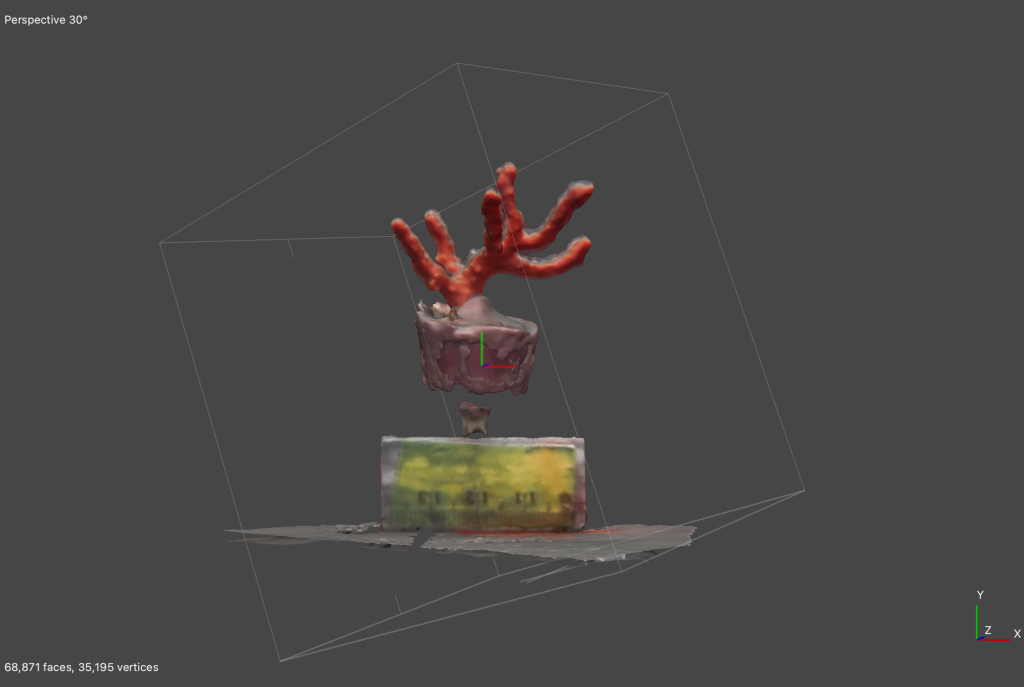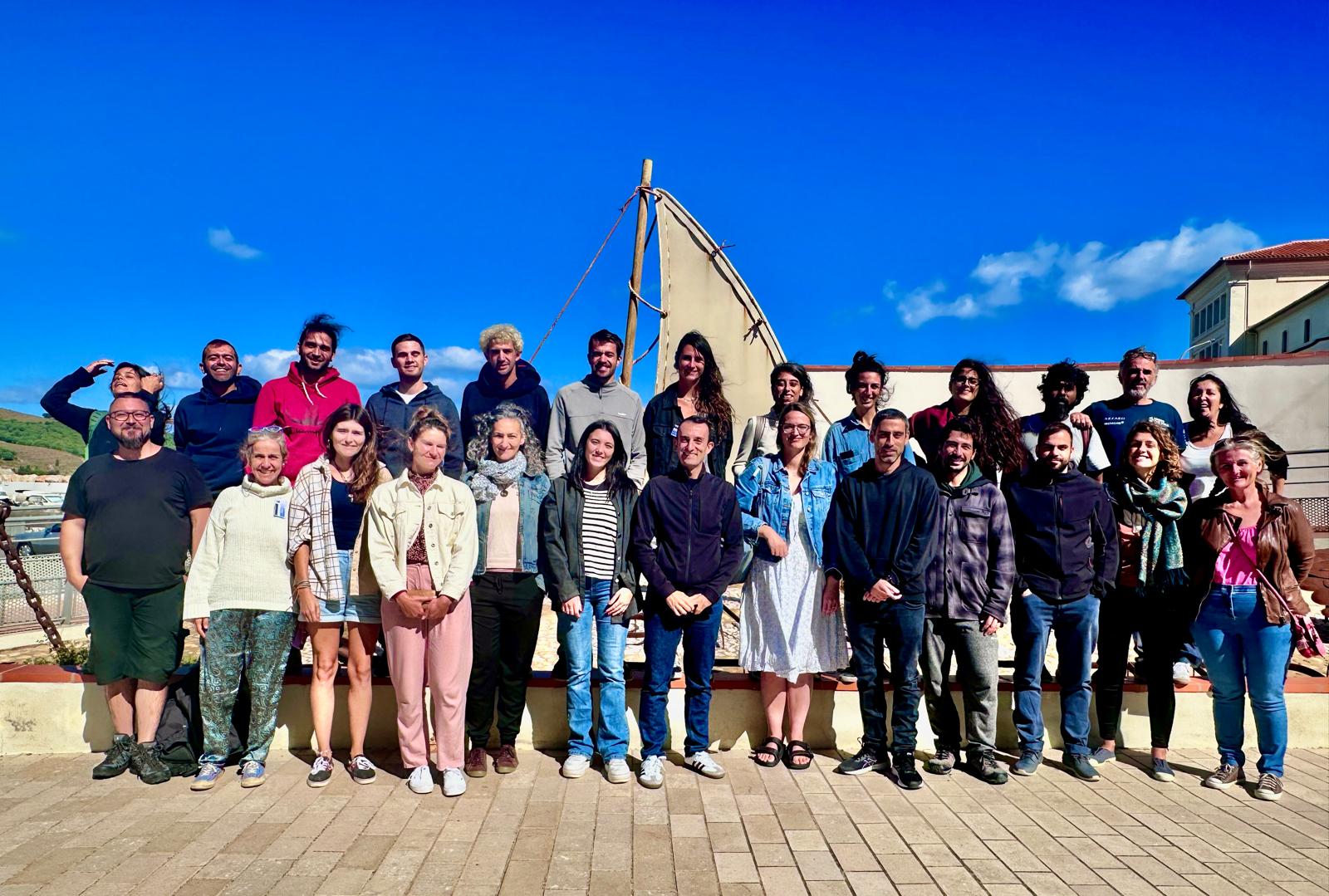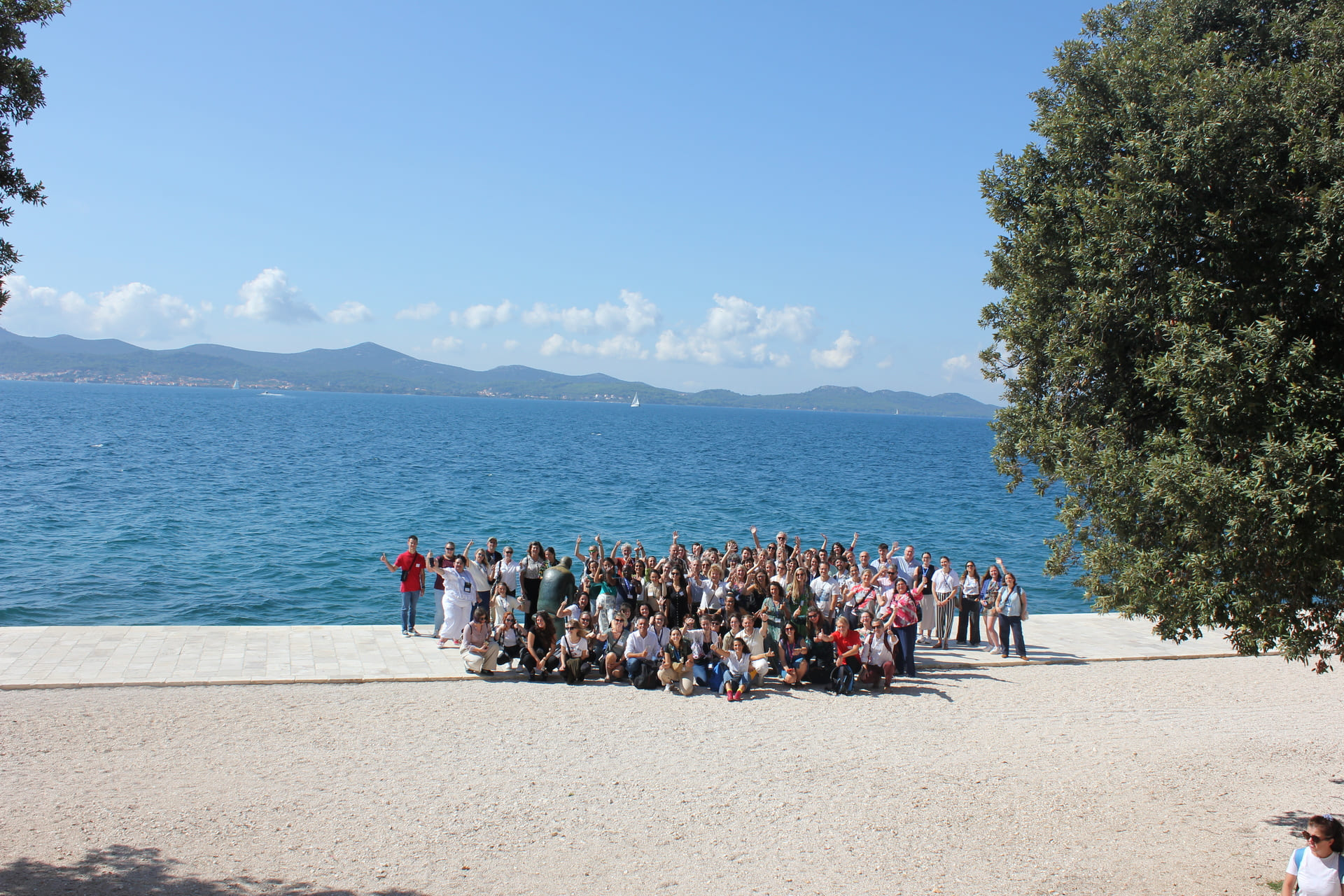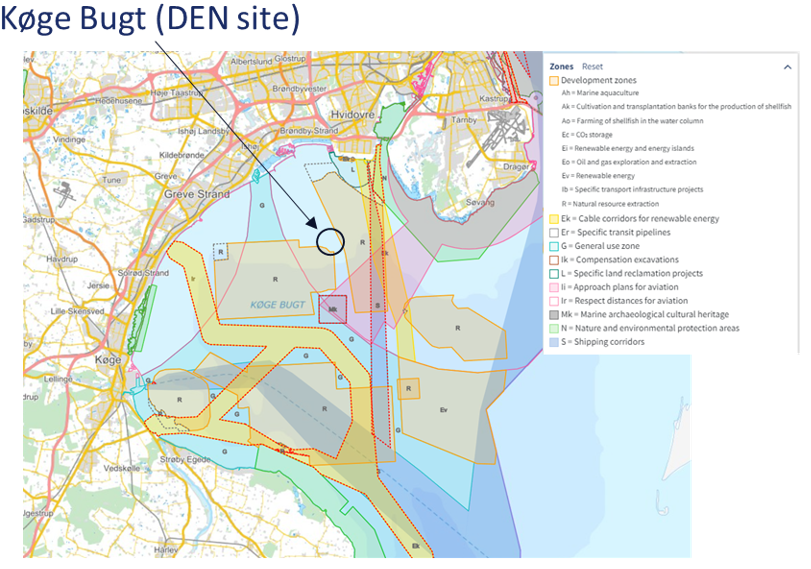After five intensive days, the Training School on “Threats to Marine Animal Forests and Actions for Conservation/Restoration” took place at the Sorbonne University’s LECOB facilities in Banyuls-sur-Mer. Trainees from several countries gathered to explore innovative approaches and research in this emerging field.
This training was organised as part of the MAF WORLD COST Action, with significant involvement from OCEAN CITIZEN. Participants from the network of MAF WORLD and OCEAN CITIZEN served both as trainers and trainees, learning about key topics such as underwater gardening, ecological engineering of marine animal forests (MAF), the importance of connectivity for restoration, and the threats posed to marine ecosystems. Other fascinating topics included artificial cave systems, insights into the fertilisation mechanisms and recruitment of Corallium rubrum, and new perspectives on chimerism that bring evolutionary biology to the restoration discussion.
The programme also addressed the critical role of interactions between micro- and macro-organisms in restoration efforts. An ongoing restoration case study of Cladocora caespitosa in the Mediterranean, as part of the EFFECTIVE project, was presented to provide a real-world context for these concepts.
In addition to theoretical learning, participants engaged in hands-on work, such as photogrammetry and estimating polyp numbers in various coral species. Simulations of connectivity processes were also conducted, analysing factors like larval stages, recruitment, and the use of artificial reefs in promoting connectivity within marine ecosystems.

This practical experience was integrated with the OCEAN CITIZEN project, which prioritises the use of scientific knowledge as the foundation for restoration efforts—challenging the traditional approach of beginning restoration work first and applying science afterwards. OCEAN CITIZEN also highlighted the critical role of community engagement, recognising that successful restoration cannot happen without the active involvement of local communities. Citizen science played a prominent role in this discussion, with the platform MINKA highlighted as a tool for collecting biodiversity data, early warnings, and communicating with policymakers. Partners from ANERIS-MINKA showcased how citizen science can help monitor restoration efforts and engage citizens and policymakers alike in ocean conservation.
Finally, the training school featured group work on four key restoration topics, resulting in review articles that summarise current knowledge in areas such as nurseries, transplantation, transportation, and various restoration actions.
In conclusion, restoration is not just about transplanting corals, as many might believe. This training school emphasised that effective restoration requires careful planning, rooted in scientific evidence. When based on well-thought-out, science-driven strategies, we can significantly improve the success of restoration efforts. Importantly, this training was not just about the connectivity of marine ecosystems but also about connecting people and knowledge to drive the science we need for the ocean we want.




